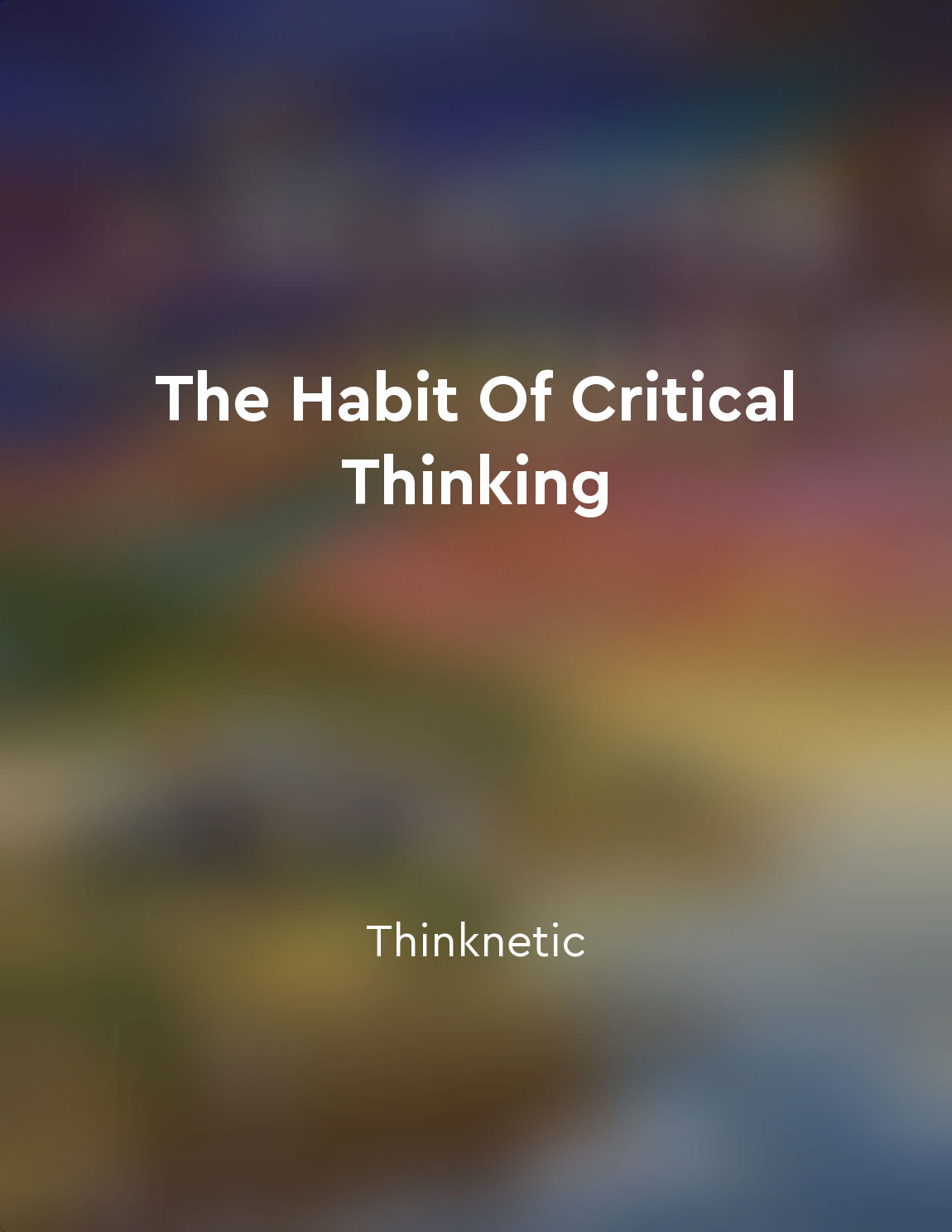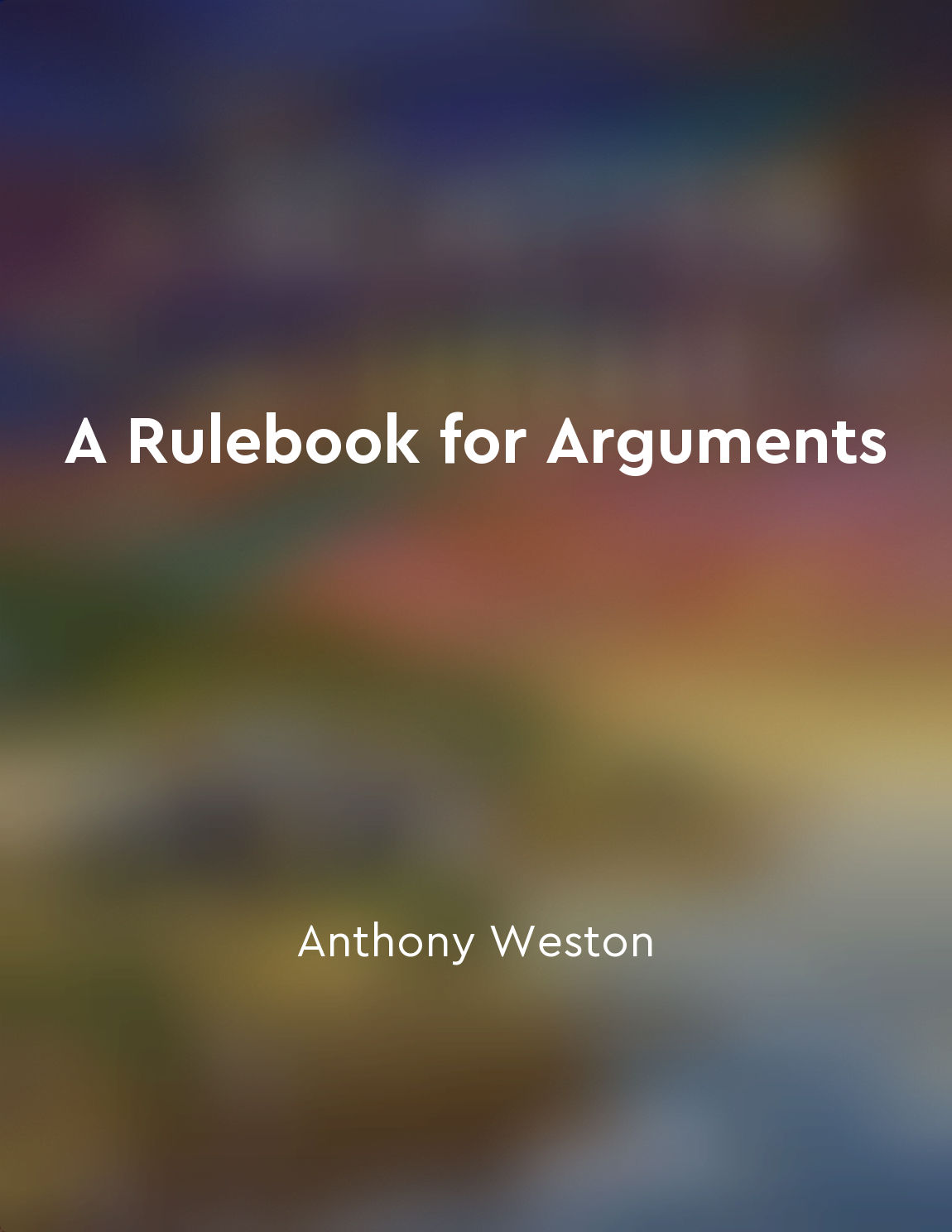Audio available in app
Practice argumentation skills to develop critical thinking from "summary" of A Rulebook for Arguments by Anthony Weston
Argumentation serves as a foundational skill in enhancing critical thinking. Engaging in the process of constructing and evaluating arguments fosters an analytical mindset. By actively participating in debates or discussions, individuals learn to identify premises and conclusions, discern logical connections, and assess the validity of reasoning. This engagement sharpens the ability to recognize fallacies, thus refining judgment. To develop these skills, one must practice articulating ideas clearly and persuasively. This involves not only presenting one’s viewpoint but also understanding opposing perspectives. Such comprehension allows for a more nuanced position and the ability to counter objections effectively. Active listening plays a crucial role, enabling a response that is informed and relevant. Writing arguments encourages clarity and coherence. Organizing thoughts systematically makes it easier for both the writer and the reader to follow the logic. Clear structure, with a defined introduction, body, and conclusion, enhances the persuasiveness of the argument. Each section builds upon the previous one, ensuring that the progression of ideas is logical and compelling. Feedback is vital in refining one’s argumentation skills. Engaging with peers or mentors provides different viewpoints that challenge assumptions and improve reasoning. Reflecting on critiques leads to deeper understanding and stronger arguments in the future.- Continual practice in argumentation cultivates independence in thought and the ability to engage with complex issues. This journey not only bolsters personal reasoning but also fosters respectful dialogue, contributing to a more informed and engaged community.
Similar Posts
Creating a sense of urgency can motivate action
The idea that creating a sense of urgency can drive people to take action is a powerful concept in the realm of persuasion. Urg...
Critical thinking involves questioning assumptions
Critical thinking is a process that goes beyond simply accepting information at face value. It requires us to dig deeper, to ch...
Address the influence of cultural beliefs on sexuality
Cultural beliefs play a significant role in shaping how individuals perceive and express their sexuality. These beliefs are dee...
Formulating clear and precise statements
Formulating clear and precise statements is essential in logical thinking. When crafting statements, simplicity is key. Complex...
Mnemonic devices aid in memory retention
Mnemonic devices are strategies that help us remember information by linking it to something familiar or easy to recall. These ...
Guide students in setting goals for their writing
One effective way to support students in developing their writing skills is to help them establish clear goals for their writin...

Stay objective
To stay objective means to approach a situation or issue without being influenced by personal feelings, biases, or opinions. It...

Developing resilience in the face of setbacks is crucial
One of the key lessons that every successful student must learn is the importance of developing resilience in the face of setba...
Transforming knowledge into action through continuous learning and adaptation
To succeed in today's fast-paced, ever-changing world, individuals and organizations must be able to effectively translate thei...


